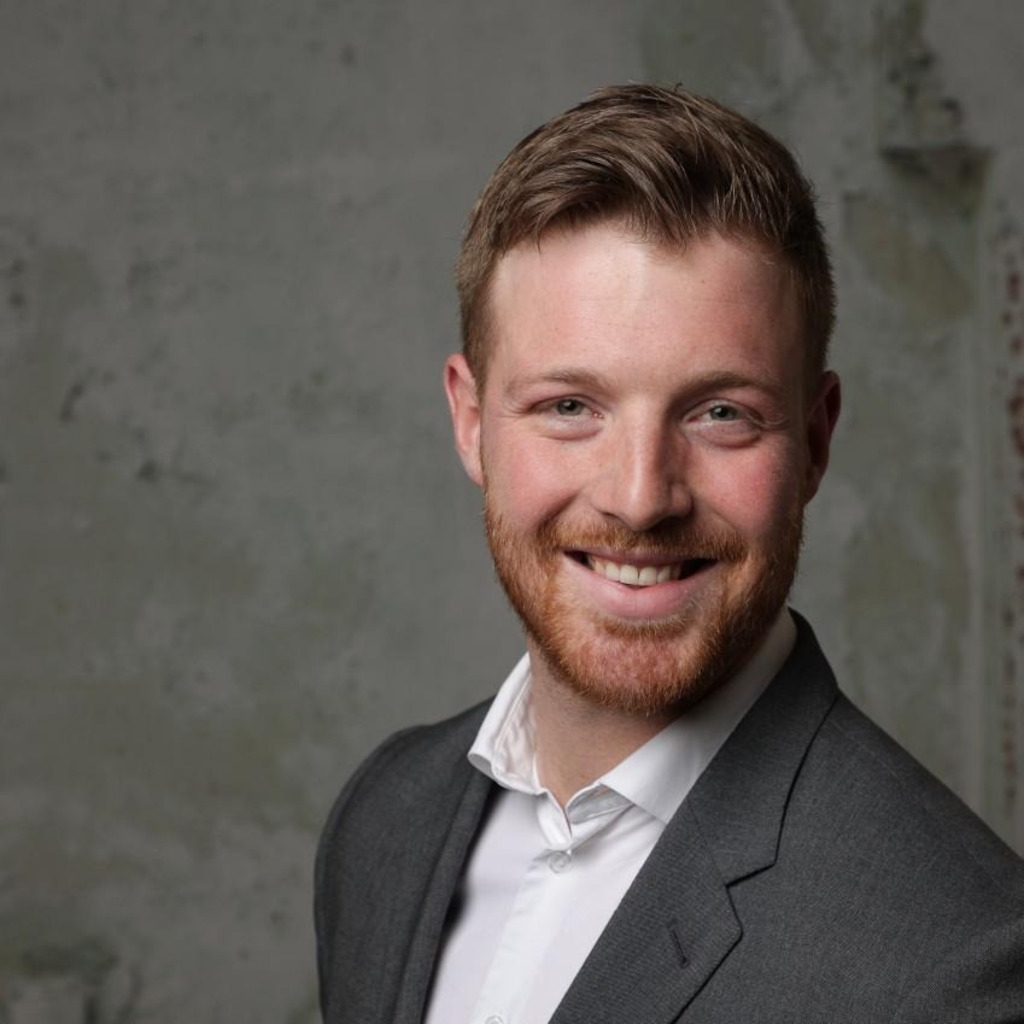Battery recycling along the entire value chain
tec.news: What was the initial spark prompting the foundation of your company from the sister companies Rhenus and TSR?
L. Brandl: Rhenus Automotive offers solutions along the entire vehicle value chain, from supplying the production lines all the way through to taking over complex assembly activities.
TSR Recycling specialises in the recycling of metals of all kinds and produces, among other things, high-quality recycling raw materials from the input product "end-of-life vehicle" which can be used by steelworks and smelters for the production of new vehicles, among other things.
Both companies are active along the vehicle battery value chain and are now pooling their know-how with BLC. We are benefiting nationally and internationally from the large network of locations of Rhenus Automotive and TSR.
Thanks to these combined strengths, BLC is able to offer customers a quick implementation of solutions in close vicinity by implementing local or national pre-treatment of batteries at our sites.
In this way, BLC is closing the gap between the two companies and synergistically combining the strengths of both worlds with one another. Here, the combination of many years of know-how in the product and waste sector helps us.
tec.news: How do you intend to ensure comprehensive, holistic battery recycling along the entire value chain?
L. Brandl: For us, the focus is not only on recycling by dismantling and safely discharging the battery, in order to subsequently ensure pure materials processing in the downstream processes.
By way of our "Re-use and Repair" service, we are offering our customers and partners additional options for extending the life of batteries or individual components. By extending the life cycle of the battery, we are helping to reduce the carbon footprint and cut down the total cost of ownership.
BLC is offering customers this so-called "one-stop solution" as a service, whereby the entire recycling process, from transport to the production of the recycling raw material (lithium, cobalt, nickel, manganese...) is mapped out together with partners. BLC can also take over only individual process steps if, for example, it is determined that the batteries must undergo recycling in a defined manner through prior testing..
tec.news: Can you outline your focus on repair, re-use and recycling?
L. Brandl: The process steps are closely interlinked. During dismantling, we can flexibly decide which of the three paths we take with our partner. This enables hybrid solutions in which one part goes into recycling and one part is brought into re-use. At the same time, recovered components can serve as spare parts for battery repair.
tec.news: Keyword "Circular Economy" - how do you position yourself there, what advantages do you see?
L. Brandl: The Circular Economy is brought to life by connecting processes. Thanks to the expertise of Rhenus and TSR, we can tie in with existing processes and thereby contribute to closing the loop sustainably.
At BLC, we initially aim to keep the battery in a lifecycle-extending cycle.
tec.news: How do you see the role of connectors - today and in the future? How can connectors extend the life cycle of batteries?
L. Brandl: The connection technology in batteries is a very important component for efficient processes, and, at many points, the technology is what makes it possible to use the components in their re-use or repair in the first place. Connectors make it easier to replace components, while at the same time ensuring safe working (protection against accidental contact, etc.).
tec.news: How do connectors support the recycling process?
L. Brandl: A battery comprises a large number of different connection points. Here, plug-in connections help to reduce set-up times and thereby provide us with the opportunity to dynamically adapt production with small batch sizes. In future, standardised connectors can support the repair and recycling process in order to work with a smaller number of variants and streamline data exchange.
tec.news: Is the Digital Product Passport (Battery Passport) already relevant for you? How
is it being applied?
L. Brandl: Not yet, at present, as it is still undergoing development … However, we definitely advocate rapid implementation and a speedy roll-out, as it will provide necessary information for all protagonists along the life cycle. They support sorting by cell chemistry, which in turn will increase recycling efficiency and thereby the amount of recycled material available. However, complete market penetration will take a long time and therefore we anticipate that the Product Passport and vendor-specific information systems will co-exist.
Lukas Brandl was involved in the development of activities in the battery sector for TSR Recycling and assisted in the construction of the first dismantling line. Since 2023, he has been a member of the management board of the joint venture BLC-The Battery Lifecycle Company between Rhenus Automotive and TSR Recycling.

